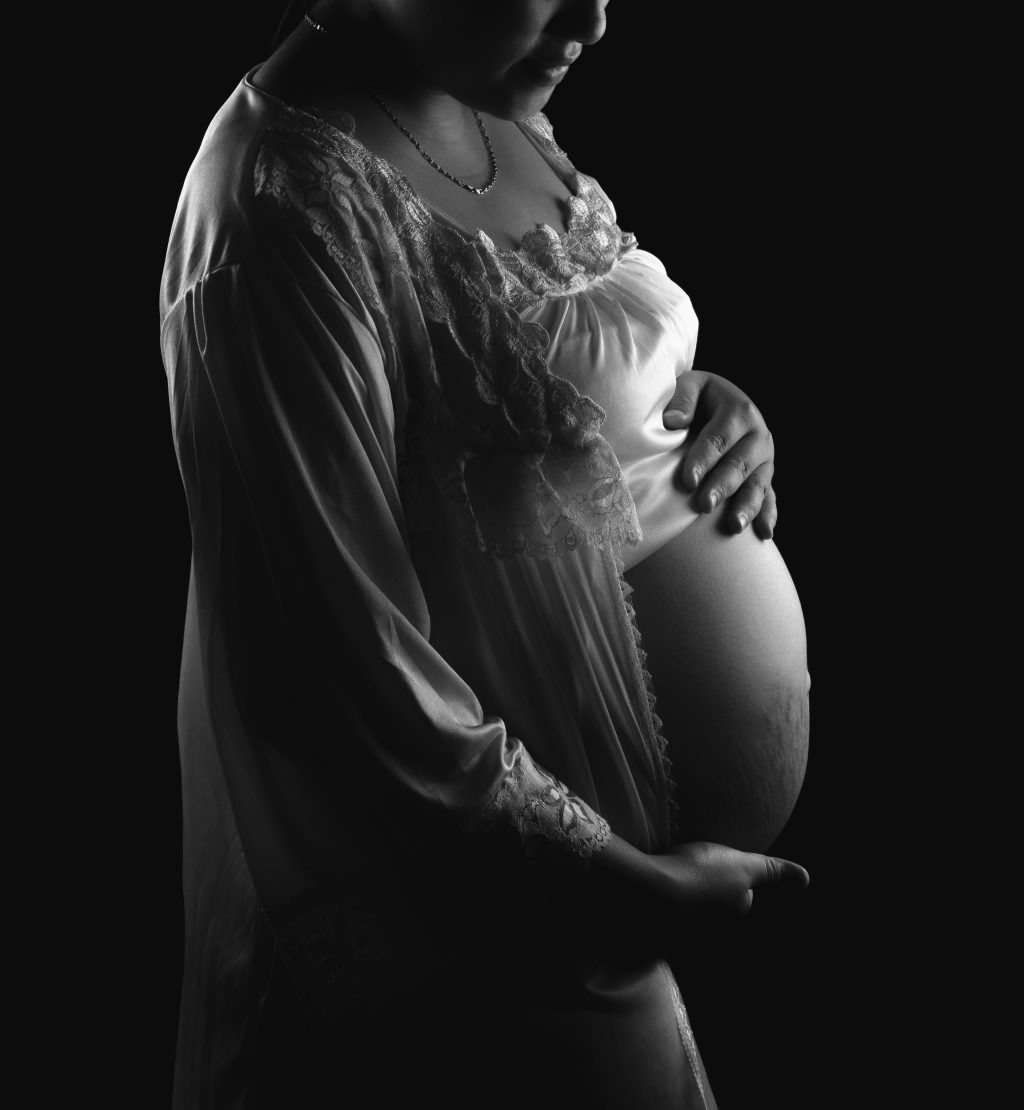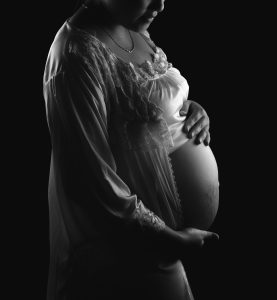Rising Childbirth Injuries Raise Alarm for Expectant Mothers in England
3 min read
NHS data reveals a worrying surge in severe perineal tears, prompting calls for urgent maternity care reform and better hospital practices
Pregnant women in England face an increasing risk of suffering severe injuries during childbirth, according to newly released NHS figures. The data shows that the number of mothers experiencing third- or fourth-degree perineal tears has risen by 16% since 2020 from 25 in every 1,000 births to 29 in 1,000 by mid-2025.
These tears, among the most serious childbirth injuries, can cause life-altering complications, including chronic pain, incontinence, and post-traumatic stress disorder (PTSD). Experts and campaigners warn that the rise reflects deeper problems within the NHS maternity system, including staffing shortages, insufficient training, and inconsistent risk assessments.
Helen Morgan, the Liberal Democrat health spokesperson who obtained the data from the House of Commons library, said the numbers represented “heartbreaking stories of women suffering unimaginable trauma at a moment that should be full of joy.” She criticised both the previous Conservative government and the current Labour administration for neglecting maternity care.
Behind these figures lies a stark reality almost 3% of all women who give birth in England now suffer from serious tears that can have long-term physical and emotional consequences. These injuries, known in medical terms as obstetric anal sphincter injuries (OASI), damage the anal sphincter or in the most severe cases, the rectum.
The worsening trend comes as the NHS faces ongoing scrutiny for its maternity care standards. In response, Health Secretary Wes Streeting has launched a national inquiry into maternity and neonatal care and established a taskforce to recommend improvements. Errors in identifying and treating childbirth injuries remain among the costliest medical mistakes, with maternity-related claims costing the NHS more than £1 billion annually.

A recent case illustrates the devastating personal toll such injuries can take. In August, University Hospitals Sussex NHS Trust agreed to pay £500,000 in damages to a woman who sustained a fourth-degree tear that was wrongly diagnosed as a minor injury during childbirth in 2021. The misdiagnosis caused her to develop a rectovaginal fistula, leaving her with chronic pain, PTSD, and an inability to return to work full-time.
Chloe Oliver, chief executive of the birth injury charity Mothers with Anal Sphincter Injuries in Childbirth, said OASI injuries are more common in first-time mothers, prolonged labor, forceps or ventouse-assisted births, larger babies, and mothers of Asian ethnicity. “OASI injuries are life-changing and can have a devastating impact on quality of life,” she explained, listing symptoms such as pelvic pain, loss of bladder or bowel control, difficulties bonding with infants, and relationship breakdowns.
Omega Tv UK celebrates ONE YEAR ANNIVERSARY, we wish to thank all our viewers for helping us reach this milestone.
Happy 1st anniversary to Omega TV UK!.
Experts say many of these injuries are preventable if maternity units consistently use proper assessment tools. The Royal College of Obstetricians and Gynaecologists (RCOG) has recommended the use of the “OASI care bundle” a set of best practices to identify mothers at higher risk and reduce injury rates. However, reports suggest inconsistent implementation across hospitals.
Dr. Ranee Thakar, president of the RCOG, emphasized the importance of prompt diagnosis and treatment. “For most women, tears are relatively minor and heal quickly. However, if a woman experiences a deeper tear, known as a third- or fourth-degree tear, this needs to be repaired in an operating theatre and their recovery will take longer,” she said.
The National Maternity and Perinatal Audit report, published earlier this year, found that 3.29% of women giving birth vaginally across England, Scotland, and Wales experienced some form of perineal tear. Advocates warn that without urgent reforms, these numbers could continue to rise.
The Department of Health and Social Care acknowledged the severity of the issue. A spokesperson said: “Childbirth can be an incredible moment in a woman’s life, but suffering from injuries, including perineal tears, can leave mothers deeply traumatised. This government inherited a failing system of maternity care, which is why we launched the rapid national maternity investigation and are expanding perinatal pelvic health services to reduce the rates of perineal tears.”
As the debate intensifies, many women and healthcare professionals hope that the government’s new maternity taskforce will bring more than just reports but tangible improvements in the safety, compassion, and consistency of maternity care across England.






